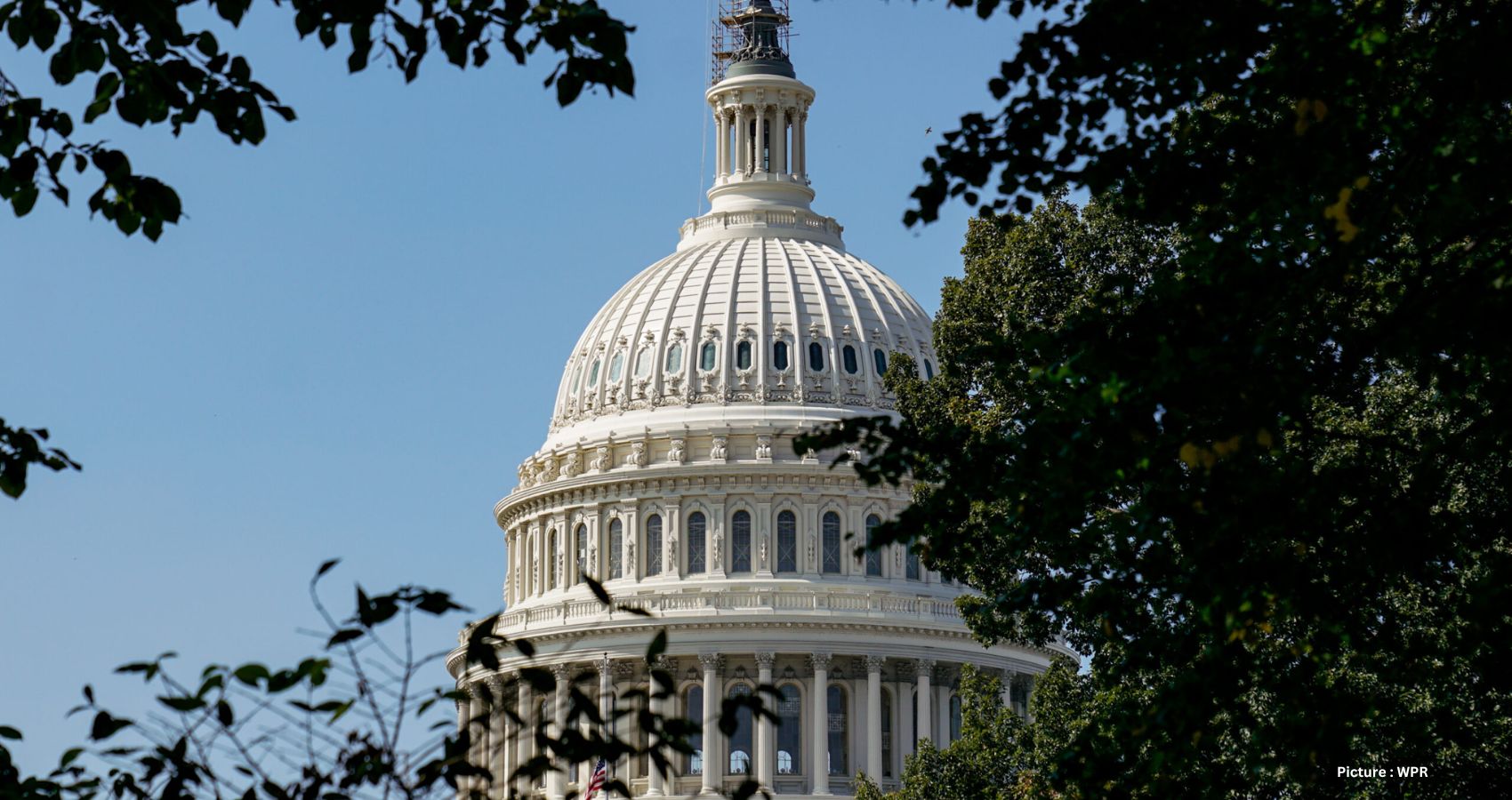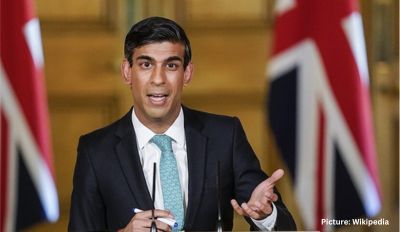Child tax credits are poised to see an increase for eligible families as a bipartisan bill progresses through the legislative pipeline.
The Tax Relief for American Families and Workers Act of 2024, currently advancing to the Senate, aims to elevate the refundable portion cap of the child tax credit from $1,800 to $1,900 to $2,000 per tax year from 2023 to 2025. This bill has already cleared the House of Representatives.
Missouri Republican Rep. Jason Smith, chairman of the House’s tax committee, and his Senate counterpart, Oregon Democrat and finance Chairman Ron Wyden, crafted the $78-billion package. Both were contacted for comment by Newsweek, albeit outside regular working hours.
The legislative journey began in January when lawmakers struck a bipartisan deal to broaden child tax credits, enhance low-income housing tax credits, and bolster certain business tax credits.
Under this bill, access to the child tax credit would expand, with a gradual increment in the refundable segment slated for 2023, 2024, and 2025. Moreover, penalties for larger families would be eliminated. Before securing passage in the House, the House Ways and Means Committee voted 40-3 in mid-January to advance the legislation.
President Joe Biden supports the potential legislation. White House spokesman Michael Kikukawa conveyed Biden’s appreciation for the efforts of Chairmen Wyden and Smith in boosting the child tax credit for millions of families and aiding hundreds of thousands of additional affordable homes. Kikukawa’s statement was seen by Newsweek.
The bill received a strong endorsement from the Republican-led House of Representatives, which voted 357-70 on January 31 to approve it, subsequently forwarding it to the Senate.
However, some lawmakers advocate for alterations to the bill. West Virginia Republican Sen. Shelley Moore Capito emphasized the need for the bill to go through the finance committee and undergo an amendment process without predetermined decisions. She stressed the importance of providing opportunities for input during policy-making.
Indiana Republican Sen. Todd Young expressed his desire for changes to be made to the bill before it reaches the floor, without specifying what amendments he seeks, as per NC Newsline.
To pass in the Democrat-led Senate, the bill requires 60 votes. The schedule for a vote remains undecided. Wyden, the Senate’s tax-writing committee chairman, stated his intention to discuss potential amendment votes with Senate leader Chuck Schumer, according to NC Newsline.
Regarding implementation timelines, the Internal Revenue Service (IRS) mentioned that disbursement could commence within six to 12 weeks of the bill’s potential passage. IRS Commissioner Danny Wefel urged taxpayers not to delay filing their tax returns, assuring that any additional refunds due to legislative changes would be processed seamlessly.
An analysis by the Center on Budget and Policy Priorities (CBPP) estimates that approximately 16 million children will benefit from the bill in its first year, including 3 million children under the age of 3. George Fenton, senior policy analyst at CBPP, highlighted that once fully effective in 2025, the expansion could lift over half a million children above the poverty line and extend financial support to about 5 million more children from families with incomes below the poverty line.
Chuck Marr, vice president of federal tax policy at CBPP, emphasized the significance of the bipartisan proposal in targeting the nearly 19 million children currently excluded from the full child tax credit due to their families’ low incomes. Marr noted that the proposal would augment the credit for over 80 percent of these children, potentially lifting hundreds of thousands of children above the poverty line in the inaugural year and reducing the poverty levels of an additional 3 million children.











